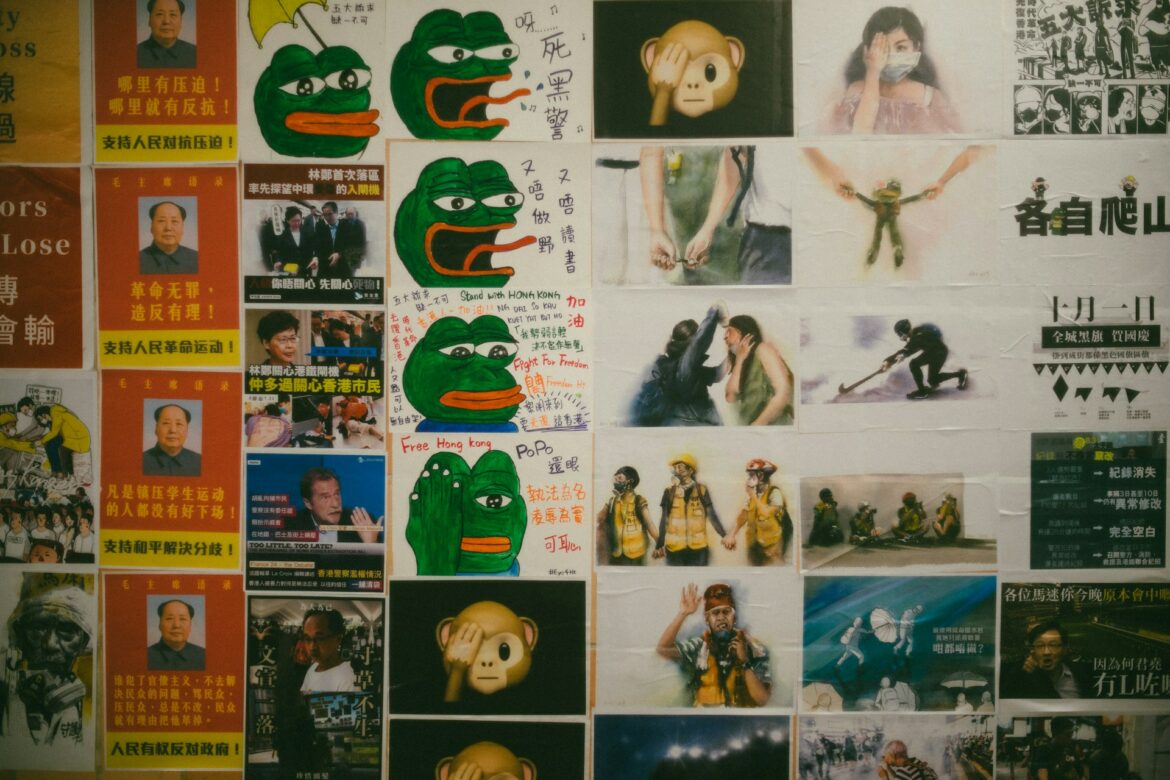In the digital age, internet memes have become more than just fleeting jokes or viral images; they are a significant part of modern online culture. These humorous snippets quickly spread across social media platforms, uniting people through shared laughs and relatable content. As memes evolve, they serve as reflections of societal values, trends, and even political sentiments, shaping how individuals and communities present themselves online.
Exploring the Popularity of Internet Memes and Their Cultural Impact
Internet memes have skyrocketed in popularity, thanks to their simplicity, relatability, and rapid dissemination. They often tap into universal experiences—awkward moments, pop culture references, or current events—making them instantly recognizable and easy to share. Platforms like Twitter, Instagram, TikTok, and Reddit have transformed memes into cultural phenomena, where a single image or phrase can spark global conversations within hours. This widespread appeal has also fostered a sense of community, as people from diverse backgrounds find common ground in humor.
Culturally, memes have a profound impact by shaping public discourse and influencing societal norms. They act as digital commentaries, subtly critiquing or highlighting social issues through satire and humor. For example, political memes during election seasons can mobilize young voters or sway opinions, illustrating their power beyond mere entertainment. Moreover, memes have become a form of language—inside jokes and recurring themes that create shared identities and foster belonging within online groups. In this way, memes do more than entertain; they become a cultural glue binding digital communities.
The influence of memes extends into mainstream media and advertising, where brands harness their viral potential to engage audiences creatively. Memes also impact art, music, and fashion, blurring the lines between online trends and real-world expression. As a cultural force, internet memes continue to evolve, reflecting society’s ever-changing values, fears, and hopes—making them an essential part of modern cultural history.
How Humor in Memes Influences Personal and Collective Online Identities
Humor is at the heart of memes, and it plays a crucial role in shaping how individuals present themselves online. Creating and sharing memes allows users to express their personality, values, and sense of humor, often serving as a digital extension of their identity. For many, meme culture becomes a way to connect with like-minded people, forming communities based on shared tastes and perspectives. These humorous exchanges help people feel seen and understood in a vast digital landscape, fostering a sense of belonging.
On a collective level, memes influence online identity by establishing cultural norms and group membership. Memes often carry inside jokes or specific references that signal belonging to a particular subculture—whether it’s gaming, fandom, political activism, or niche communities. By participating in meme-sharing, individuals align themselves with certain values or ideologies, reinforcing group identity and creating social cohesion. This shared humor can also serve as a form of resistance or critique, allowing marginalized groups to voice opinions in a playful yet impactful manner.
Furthermore, humor in memes can shape perceptions and attitudes, influencing how people view societal issues or public figures. For example, satirical memes about politics can reinforce stereotypes or challenge authority, impacting collective opinions. As memes often circulate rapidly, they have the power to shape online personas and public discourse almost instantaneously. In this way, humor becomes a tool for both self-expression and social commentary, fundamentally affecting how individuals and communities define their online identities in an increasingly connected world.
Internet memes have transcended their origins as mere jokes to become powerful cultural artifacts that influence society at large. They shape online identities through humor, providing a shared language and a sense of community for diverse groups. As digital spaces continue to evolve, memes will undoubtedly remain a vital part of how we express ourselves, critique society, and connect with others. In this digital age, humor isn’t just entertainment—it’s a reflection of who we are and how we see the world.

